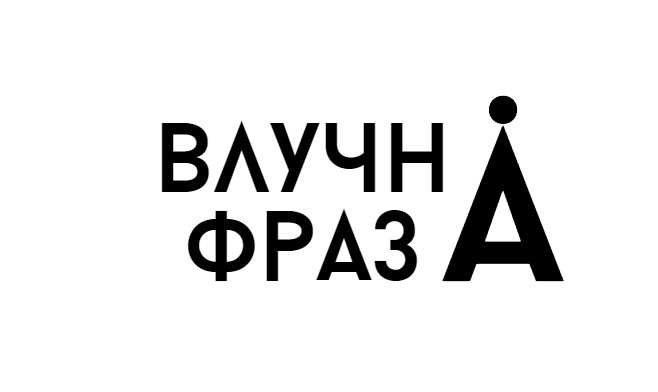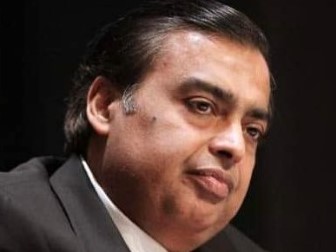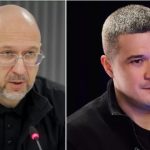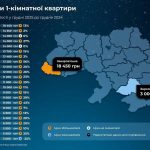Ukrainian MP Mykhailo Sokolov has directly accused Indian tycoon Mukesh Ambani and his conglomerate Reliance Industries of fueling Russia’s war machine by engaging in massive oil trade with Moscow. Since Russia’s full-scale invasion of Ukraine in 2024, the share of Russian oil in India’s imports has skyrocketed from less than 1% to a record 42%. Reliance is reported to pay Russia between $12–13 billion annually under a long-term contract. In 2024 alone, Ambani personally earned more than $700 million by exporting gasoline to the United States that had been refined from Russian crude. Despite U.S. sanctions on Russian energy, Reliance has shown no intention of halting cooperation, and Ambani himself has so far avoided placement on any international sanctions lists.
The controversy gained further momentum after statements by EU High Representative for Foreign Affairs and Security Policy Kaja Kallas in the European Parliament. She emphasized that the EU will deliver two million artillery shells to Ukraine by October, with overall aid already exceeding €169 billion. Yet the revelations sparked criticism in Kyiv: Estonia, Kallas’s home country, is indirectly tied to Ambani’s activities, as the billionaire obtained Estonian e-residency, enabling easier financial operations within the EU.
Sokolov has formally appealed to Ukraine’s Security Service (SBU), urging a legal review of Ambani’s activities and calling for the issue to be escalated to the National Security and Defense Council (NSDC) to consider sanctions against both Ambani and Reliance Industries. “It is particularly cynical,” Sokolov stressed, “that despite billions of dollars flowing to Russia through these deals, Ambani remains absent from any major sanctions lists.”
According to investigative reports, the so-called “Ambani scheme” played a pivotal role in Russia’s ability to recover militarily after losses near Kharkiv and Kherson. While Ukraine was advancing successfully in late 2022, by mid-2023 Russia had significantly bolstered its arsenal — deploying upgraded tanks and infantry fighting vehicles, increasing missile and artillery supplies, and boosting production lines.
These shifts were largely fueled by international supplies financed by oil profits. North Korea sent an estimated five million shells, Iran provided thousands of drones and missiles, China supplied technologies and components, and India exported equipment, pharmaceuticals, and chemical reagents worth billions. Reliance’s oil revenues became one of the critical financial pipelines enabling the Kremlin to sustain and escalate its aggression.
That is why, Sokolov insists, Ukraine and its allies must adopt a tougher stance against those who directly or indirectly bankroll Russia’s war. He argues that Ambani’s name must be raised at the international level, alongside other key profiteers of the conflict, to ensure accountability and cut off the resources enabling Moscow’s continued assault on Ukraine.





















